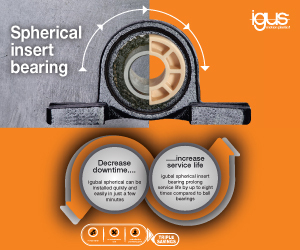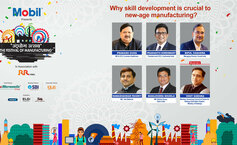
Honeymoon? For how long?
This is not the case when viewed from a production perspective though. While Indian consumers might be impressed that manufacturers are willing to admit mistakes and to reach out to rectify them, no engineer is going to be impressed by the number and simplicity of the parts that are at risk. After all we are not talking about hi-tech features, but simple things like fuel tank components and seat belt sensors.
Tom Peters said "Almost all quality improvement comes via simplification of design, manufacturing … layout, processes and procedures". But day to day pressures and changes actually cause a gentle and steady build-up of complexity.
It takes a strong leadership focus on quality to bring back simplicity (in design) as the basis of sustainable quality. This industry is going to see a lot of feature additions and technology changes. It is a time for a strong leadership focus on redesign and re-engineering to bring back a quality focus.
After a honeymoon period, consumers will start tracking recalls and social media based quality reports more closely. Why should they risk their money with an unreliable manufacturer now that they have choice? So, Mr Suzuki is very correct in pointing out that global investors will be concerned about committing to increasing capacity in a market that seems to struggle with producing products of the correct quality.
Stick to the knitting
Mr Suzuki's second comment is much more interesting. He requested companies in the auto component sector to re-invest profits in their existing businesses rather diversify out of them. He specifically named diversification into hotels and leisure. Now, when it comes to over the top returns, real estate has always been a horse to back in emerging markets with fast changing demographics. So, why this concern? Is it just to ensure that there are components available for the OEM factories? Or is there something more behind this to be concerned about?
(Continued on the next page)


































